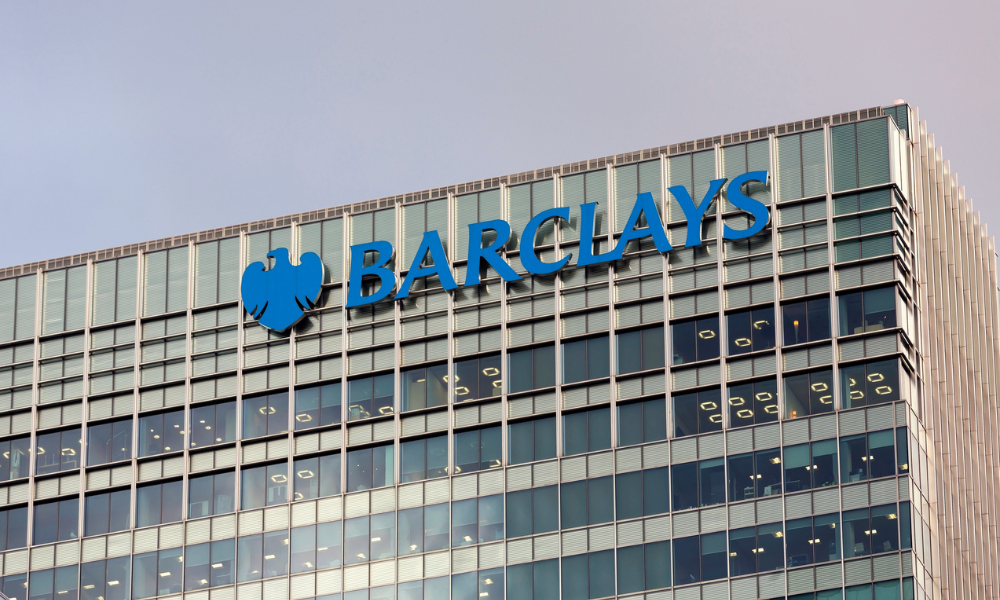Group claims products' loan terms left borrowers with substantial debts

Two major UK banks, Barclays and Bank of Scotland, are the subject of group litigation brought by law firm Teacher Stern, which alleges that certain mortgage products have resulted in some customers owing up to 20 times their original loan amounts.
According to a report published by The Guardian, the legal action concerns shared appreciation mortgages (SAMs), which were available from late 1996 to mid-1998 and offered exclusively by the two banks. These products were marketed to older homeowners seeking to access equity in their properties.
Borrowers could typically obtain up to 25% of their home’s value, with no repayments due during the loan term. In exchange, they agreed to repay the original sum plus a significant proportion of any increase in the property’s value when the mortgage was settled or upon the borrower’s death.
The repayment calculation often meant that if a customer borrowed 25% of the property’s value, they would owe 75% of any future price growth. With house prices having risen sharply since the late 1990s, some borrowers now face large liabilities if they wish to sell or pass on their property.
Teacher Stern’s claimant group includes nearly 80 individuals, among them Annie Galbraith, who took out a £33,750 shared appreciation mortgage with Barclays in 1998. According to the law firm, Galbraith’s home in Tunbridge Wells, Kent, was valued at £135,000 at the time. A recent valuation placed the property’s worth at up to £995,000, which would require a redemption payment of £678,750, including the original loan and 75% of the increase in value. Galbraith, now in her 80s, is reported to need to move for health reasons but is unable to do so due to the scale of the repayment.
Teacher Stern contends that shared appreciation mortgages were “entirely unfair” and left borrowers unable to move home. The legal case is based on section 140 of the Consumer Credit Act, which allows courts to intervene if a lender-customer relationship is deemed unfair.
Barclays responded by describing SAMs as “a historic product taken up by a relatively small number of customers which allowed people to borrow funds without the need to make any repayments during their lifetime.
“Customers have complete control over the timing of any sale and retain all of their original equity, as well as a share of any potential gain,” they stated. “We offer dedicated support for customers with a SAM that need to adapt their current home or move to a new one due to substantial hardship.”
A Bank of Scotland spokesperson added that SAMs is “a specialist type of mortgage… which were either interest-free or offered at a lower rate of interest in return for a share of any increase in property value.”
“We recommended borrowers took financial advice to ensure they understood the product and that it was suitable for their needs, and all borrowers were advised by their own solicitor,” they further said. “We are unable to provide comment on individual cases but we do everything we reasonably can to help any customer facing financial hardship.”
Both banks have previously reached confidential settlements with some borrowers, meaning the fairness of these contracts has not been tested in court.
Want to be regularly updated with mortgage news and features? Get exclusive interviews, breaking news, and industry events in your inbox – subscribe to our FREE daily newsletter. You can also follow us on Facebook, X (formerly Twitter), and LinkedIn.



